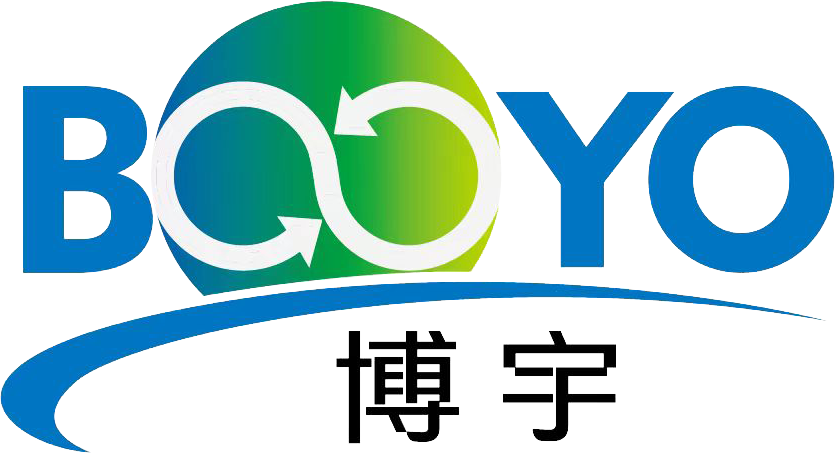
Our News
Find out about our latest news here.
Latest News
- ▶ Primary Gas Cooler A Tower Successfully Erected
- ▶ Engineered for the First Cooling — Primary Gas Cooler A Tower Installation at JISCO
- ▶ Stainless Steel Coil Heat Exchanger
- ▶ Oil Boiler Heat Exchanger: Design, Working Principle, and Industrial Applications
- ▶ Oil Boiler Heat Exchanger: Working Principle, Types, and Applications
- ▶ Expansion Joint Shell-and-Tube Heat Exchanger
Message
In power plants, refineries, petrochemical units, and industrial boiler systems, controlling corrosion in the steam–water cycle is a critical part of ensuring safe and efficient operation. Dissolved oxygen (O₂) and carbon dioxide (CO₂) in feedwater can cause serious pitting, corrosion, and fouling, which reduce equipment life and increase operating risks.
To address this, industries rely on deaerators—equipment designed to remove dissolved gases from boiler feedwater. Among various types, the Tray-Type Deaerator is widely recognized for its high efficiency, stability, and suitability for large flow conditions.
This article provides a comprehensive overview of the structure, operating mechanism, and industry applications of Tray-Type Deaerators.
1. What Is a Tray-Type Deaerator?
A Tray-Type Deaerator is a vertical tower-type deaeration system that uses spray atomization + multi-tray countercurrent contact to remove dissolved oxygen and carbon dioxide from feedwater.
Because of its tower-like configuration, it is also referred to as a Deaerator Tower or Deaeration Column.
Compared with spray-type deaerators, tray-type designs offer:
Higher oxygen removal efficiency
Better steam utilization
More stable operation under load fluctuations
Suitability for high-capacity boiler systems
2. Main Components of a Tray-Type Deaerator
A typical Tray-Type Deaerator consists of the following sections:
1) Tower Shell
A vertical cylindrical shell housing the spray section and multiple trays.
Material options include carbon steel or stainless steel, with internal coatings or linings depending on water quality requirements.
2) Spray Section
Located at the top of the tower.
Includes:
Spray nozzles
Spray header
Function:
Atomizes the feedwater into fine droplets to maximize contact area with steam and achieve initial deaeration.
3) Tray Section
This is the core of the system.
Typically uses:
Sieve trays
Valve trays
As water flows downward across the trays and steam rises upward, multiple stages of countercurrent contact occur, resulting in deep oxygen removal.
4) Steam Distributor
Located at the bottom of the tower.
Ensures uniform distribution of heating steam so that water is quickly heated to near saturation temperature—an essential condition for releasing dissolved gases.
5) Vent System
A vent nozzle and vent condenser at the tower top discharge non-condensable gases while recovering part of the steam condensate to improve thermal efficiency.
6) Storage Section
After deaeration, the treated feedwater flows into a lower storage section or an external storage tank and is delivered to boilers or the steam system.
3. How a Tray-Type Deaerator Works
The deaeration process consists of three key stages:
Stage 1: Spray Deaeration
Feedwater is atomized by spray nozzles, producing fine droplets.
These droplets contact rising steam and quickly heat up, releasing a portion of dissolved gases.
Stage 2: Tray Deaeration (Main Stage)
Water flows downward through multiple trays while steam rises through the tray openings.
During this countercurrent contact:
Water approaches saturation temperature
Dissolved oxygen solubility decreases significantly
Oxygen and CO₂ are stripped out by the steam flow
This stage achieves high-precision deaeration suitable for high-pressure boilers.
Stage 3: Steam Stripping and Venting
Released gases move upward and exit through the vent system.
A vent condenser reduces steam loss by condensing part of the vapor before discharge.
4. Advantages of Tray-Type Deaerators
1) High Deaeration Efficiency
Achieves very low dissolved oxygen levels, meeting the requirements of high-pressure and superheated steam systems.
2) Suitable for Large Flow Rates
Ideal for utility-scale boilers, refinery steam systems, and petrochemical applications.
3) Stable Operation
Performs reliably under fluctuating load conditions due to the multi-stage contacting structure.
4) Excellent Gas–Liquid Contact
Trays provide large surface area, strong turbulence, and extended residence time.
5) Easy Maintenance
Tray construction is simple and convenient to inspect, clean, or replace.
5. Industry Applications
Tray-Type Deaerators are used in a wide range of industries, including:
Thermal power plants (boiler feedwater systems)
HRSG units in combined-cycle plants
Refineries (steam generation and condensate systems)
Petrochemical plants
Chemical and fertilizer industries
Large industrial steam systems
Condensate recovery and polishing systems
Wherever steam is generated at medium or high pressure, tray-type deaeration is the preferred technology.
Conclusion
The Tray-Type Deaerator is a highly efficient and reliable solution for removing dissolved gases from boiler feedwater.
By combining spray atomization, multi-tray countercurrent contact, and steam stripping, it significantly reduces oxygen-related corrosion risks and protects boilers, heat exchangers, pipelines, and steam systems.
With superior performance and stability, tray-type deaerators remain the mainstream choice in power generation, refining, and petrochemical steam systems.
PROFESSIONAL CONSULTATION
If you are interested in our products and want to know more details, please leave a message here, we will reply you as soon as we can.